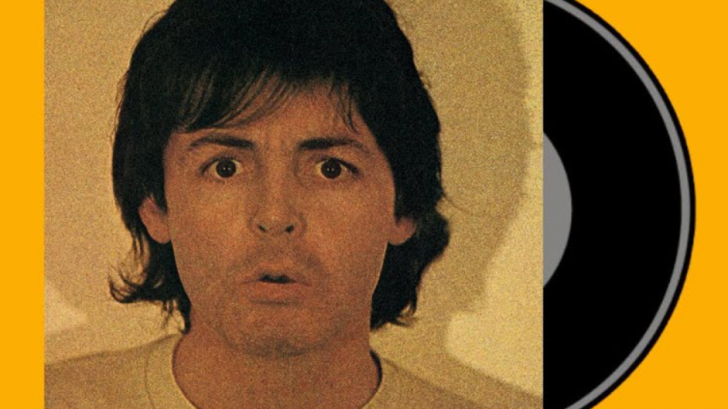The atmosphere among the members of Wings was not the best of recent times, Paul decided to take some time and expressed his desire to “record some fun songs to play at parties”, so, as he did in 1970 with “McCartney”, he shut himself on his farm with a 16-track Studer and started recording whatever music he wanted at the time. Without pressure, a good dose of marijuana, and without the preconceived idea of signing the end of Wings (which were still active and with plans for the future), McCartney spent six weeks making music taking care of drums, bass, guitars, piano, and all the voices and experimenting with a new toy: synthesizers.
Macca finished a total of 20 songs impregnated with an experimental spirit that, when it was released in May 1980, surprised locals and strangers …, and it is not surprising, since the highest representative of rock mass-media takes off with a single but avant-garde electronic music album.
Paul’s solo LP, the third after “McCartney” (1970) and “Ram” (1971) and the eleventh from his post-Beatle era, was released without any announcement regarding the separation of Wings. In fact, Paul went on tour with the group right after finishing the album’s recording sessions, but after being arrested and imprisoned in Japan for marijuana possession during Wings’ world tour in January 1980 and its suspension, focused on promoting “McCartney II.”
And things went well since the advance single and the song that opens the album, the excellent “Coming Up”, had a brilliant success and, accompanied by a fantastic video clip, reached number 2 in the United Kingdom and number 1 in U.S. The B-side of the single featured a live version performed by Wings just a few months earlier, unequivocal proof that Paul had no plans to break up with his band while working on this “McCartney II.” In any case, it is an outstanding theme marked by total creative freedom and one that deserved the praise of John Lennon himself. Great way to start.
A rare album, of course, as criticized as praised depending on the medium and the historical perspective. It is a compendium of contrasts: the critics accused him of “excessively experimental”, but it reached No. 1 in the British sales charts and No. 3 in the American ones … It was a great commercial success.

